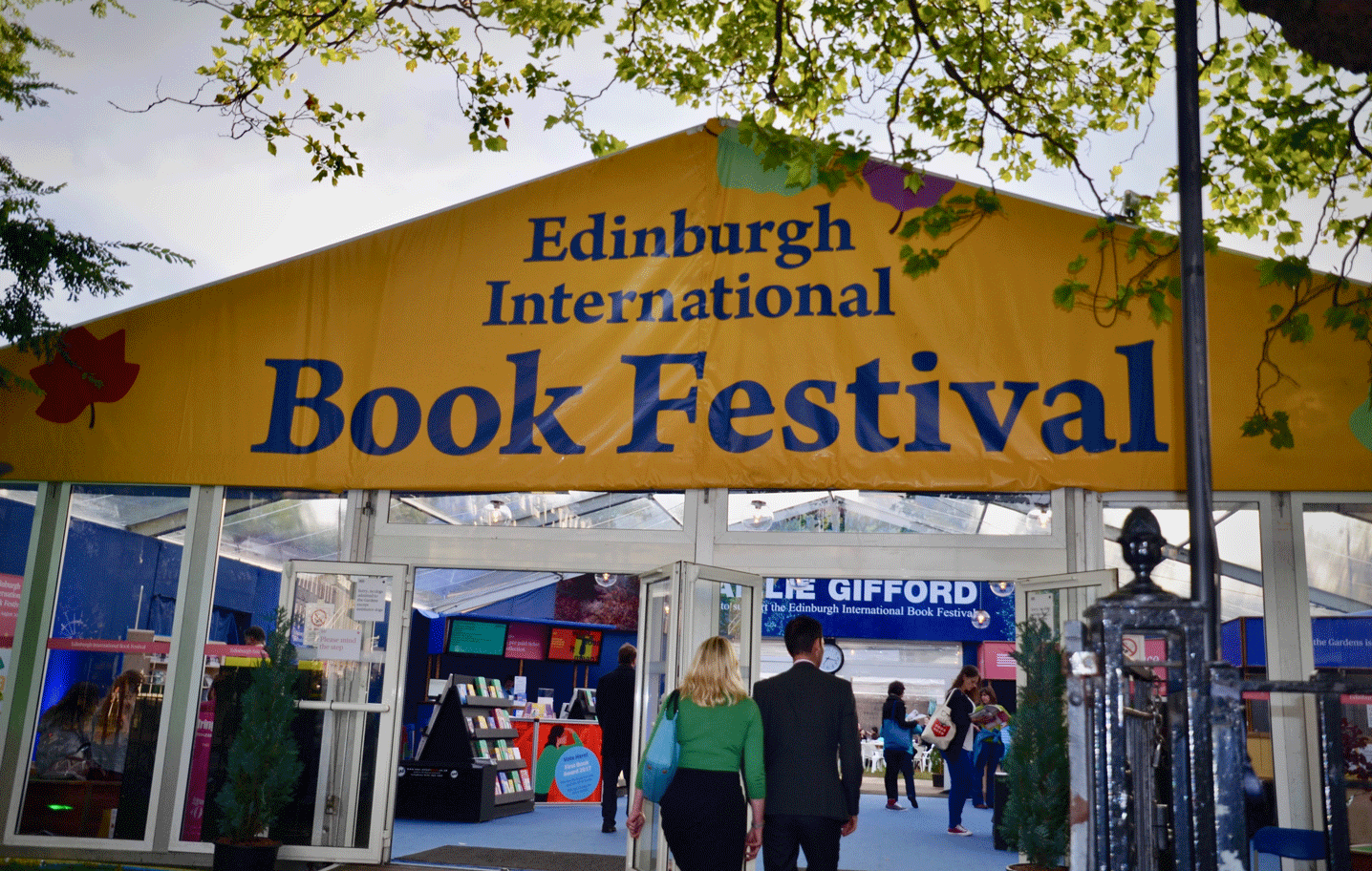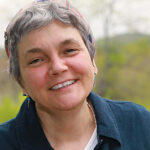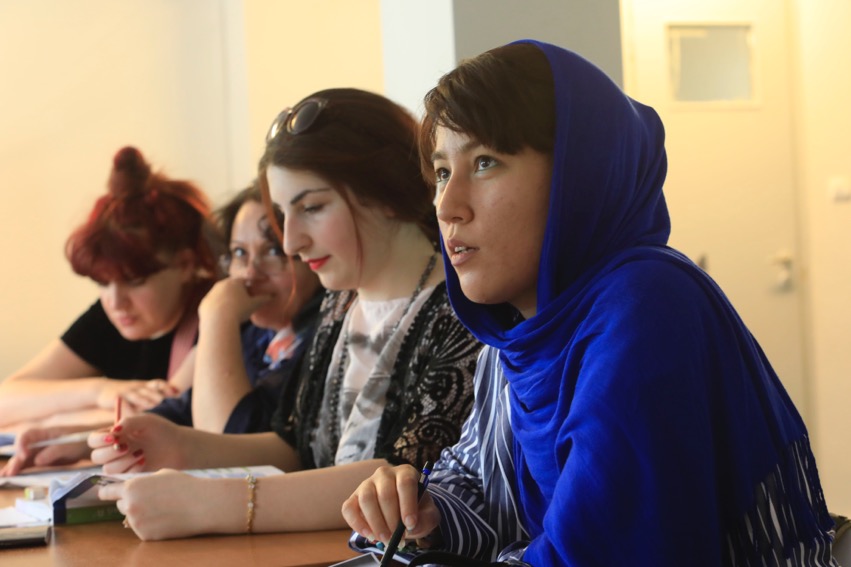One summer, I taught a poetry workshop at the Edinburgh Book Festival, working with a mixed group of seven-to-thirteen-year-olds. The classes were held in an open tent with two long trestle tables and a scatter of folding chairs, and our theme was “Questions Without Answers.” I told the children about my brother James, then aged three or four, staring at the slime inside a broken daffodil. “Why do flowers have silver blood?” he’d asked. I talked about my old friend Daniel, raised Jewish agnostic, and his anxiety on seeing a crucifix for the first time. “Who is that very sore man on sticks?” Then I flipped through Neruda’s Book of Questions, and read out random lines: “What happens to swallows who are late for school?” “Does smoke talk with the clouds?” “How old is November anyway?” and encouraged them to come up with similar questions of their own.
Some of the children had trouble understanding the assignment. They were used to ordinary questions with ordinary humdrum answers, and my enthusiasm for these unlikely queries baffled them. What was the point? I knelt and hovered, talked things through, repeated what I’d said. But one handsome little fellow seized his paper and started writing straight away:
What is nothing?
Can nothing be something?
Is it true God is greater than words?
Can we explain something that can’t be explained?
How big can a question be?
I thought he would run out of steam, but the questions grew only more astonishing. Does the devil have a God? he wondered. Can you color a word? Can you write a color? Do questions breathe?
His poem was twenty-six lines long: lucid, calm, impeccably spelled, without a single erasure or a crossing-out. Where had all this come from? The boy seemed startled that I’d even asked.
“I just wonder about things,” he told me, “every night before I go to sleep. I think about things like that all the time.”
“Questions without Answers”
—by Ruairidh Irwin, aged 8
What is nothing?
Can nothing be something?
Is it true God is greater than words?
Can we explain something that can’t be explained?
How big can a question be?
Can you do things that can’t be done?
Does the devil have a God?
What is a question that can’t be answered?
What does the universe do for fun?
Can a number be a word?
Why do we count the alphabet?
Can we use a question as an answer?
Do questions breathe?
Can you fill the universe with questions?
Can we eat time?
Is the past like food that has been eaten?
Can you color a word?
Can you write a color?
Why do we name and not explain?
Why do you forget?
How can you break a promise?
Christian McEwen is a freelance writer and workshop leader originally from the U.K. She is the author of several books, including World Enough & Time: On Creativity and Slowing Down, now in its eighth printing. She edited Jo’s Girls: Tomboy Tales of High Adventure; Sparks from the Anvil: the Smith College Poetry Interviews; and, with Mark Statman, The Alphabet of the Trees: A Guide to Nature Writing. Christian has enjoyed residencies at Yaddo, MacDowell, Mesa Refuge, and the Virginia Center for the Creative Arts, and has received a fellowship in playwriting from the Massachusetts Cultural Council. Her new book, In Praise of Listening, will be published in October.



